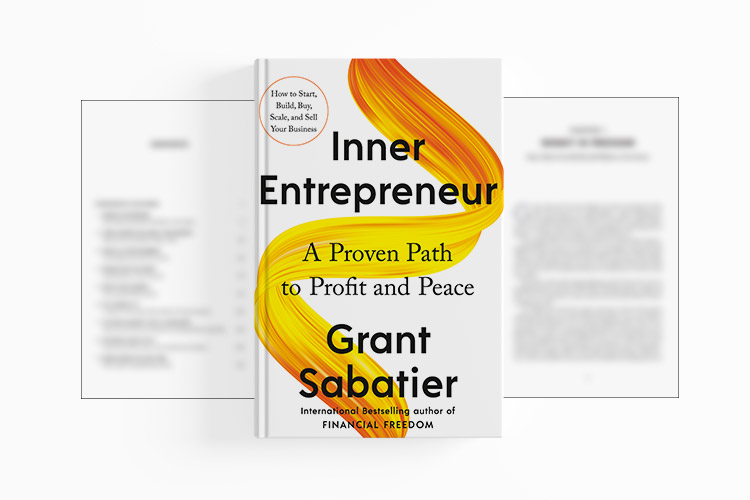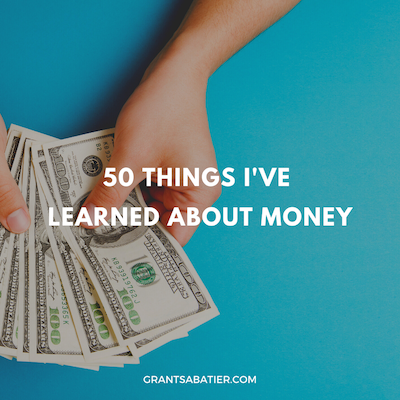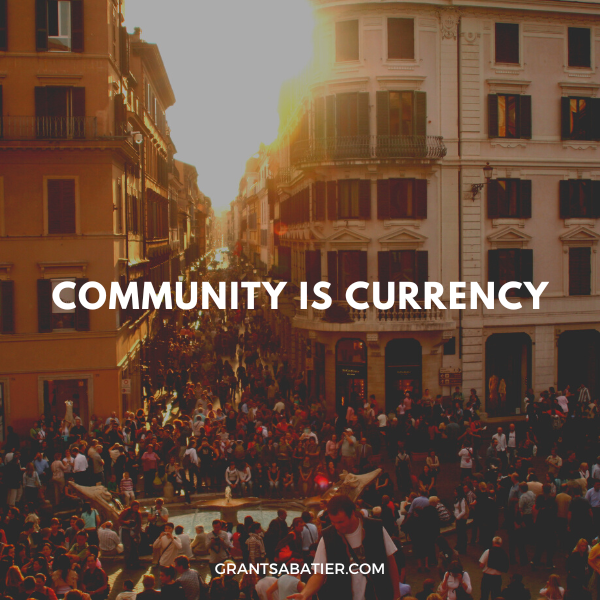As the snow falls outside my window after weeks of warm weather, I’m reminded how quickly the familiar can become unfamiliar.
That amidst increasing uncertainty, we can feel ungrounded watching new opportunities come and go and our world change so rapidly.
In recent years, we’ve seen groundbreaking technologies set off waves of speculation in crypto and NFTs. Last month, we watched AI-driven ChatGPT amass 1 million users in less than a week. Faster than any new technology in history.
What will be the next trend? Should we ride the wave or wait for the next one?
New technologies have always excited investors, but our modern, hyper-connected, attention-depleted world has created an environment where new trends come and go more quickly than ever.
Not so long ago, fads used to take a few months, if not a few years, to spread and then play out. Now they come and go faster than the average person can understand them.
As more innovations hit the market and more entrepreneurs try to capitalize on those innovations, it becomes increasingly necessary to protect your time and energy. To insulate yourself from distraction so you can focus on what’s important in your life.
It’s true that there’s never been a better time to be an entrepreneur. But if you’re constantly diverting your attention to the next new opportunity, you’ll follow the herd off the cliff instead of treading your own path.
With the right mindset, strategy, and skills, you can do anything, but you can’t do everything.
As I discussed in the last post, once you reach FI, you will open up possibilities you never imagined. There is freedom in this state of being, but the paradox of freedom is that it only exists within limits because we only have a limited amount of time. We can only make so many choices with the moments of our day.
Limits set boundaries around your time so you can spend it doing the things that mean something to you and skipping everything else.
Opportunities, like investments, compound over time. As you ascend the various levels of financial freedom and make more money, more opportunities will open up.
The better you become at making money, the better you spot opportunities to make money. Without limits, you risk always chasing the next dollar—instead of taking advantage of your freedom.
Not every opportunity is a good one and not every good opportunity is the right one for you.
Just because you can do something doesn’t mean you should.
Even if you’re still on your journey to FI, I encourage you can start setting limits today. Start with what you don’t like and narrow it down from there. Paring back tends to be easier than adding on because paring back means you’ve tested your limits, as opposed to being too cautious.
I learned early in my career that I hated traveling for work unless it was somewhere I loved or that I was very excited to explore. Since then, I have consistently turned down lucrative opportunities because they would require me to travel and spend time away from my family.
I’m done with serving clients and living out of hotels. You can’t hire me for anything, no matter how much money you have. There is no price. The time-money tradeoff is not worth it to me.
In December, I told you about a new opportunity I was exploring to buy an old factory space. At first, I was really excited. Commercial real estate is a bargain right now, and within minutes of hearing about this space, I began envisioning what it might become.
But ultimately, I passed on the opportunity because I would have gone past my limits.
This would have been my first commercial property. As I dug deeper into the deal, I uncovered some environmental issues with the attached land that could be very expensive to remediate, and I learned about some zoning restrictions which would have limited what I could do with the property.
This is the importance of doing due diligence on any deal. Since it was an off-market opportunity, I could have likely made money on it as a quick flip, but the uncertainty and the time required weren’t worth the $200K – $300K I could have potentially made on the deal.
While that’s a lot of money for a 3-6 month project, there’s less compounding potential of a single commercial real estate investment for me. A better use of the $800K is to buy another website and add it to my MMG portfolio. A website has more scalability and compounds the value at both the website and company level. As the website grows and makes more money, so does the value of MMG to a potential acquirer.
My limits helped me make the right decision for me, but you might have done something differently. Limits are one way to reduce uncertainty. Financial independence is another.
Think of your life as a series of concentric circles.
The centermost circle represents the most important things in your life – your family, your health, your safety, your dreams, your freedom — the things you want to nurture in your limited time.
The next circle is your business, which provides a financial barrier you control that insulates the most important things in your life from risk.
The outer circle represents your investments, further insulating you by protecting your business from uncertainty and helping you build resilience in all areas of your life.
Limits help you strengthen your protective circles while keeping your inner circle at the center. They allow you to ensure that what’s most important to you is protected.
Setting limits, building resilience, managing uncertainty, and de-risking your life are ongoing practices that take patience, practice, and a steady eye toward the future.
As we run up against the impacts of climate change and an uncertain economy, this resilience becomes ever more critical. Fortunately, we’re all in this together.
All of us, no matter where we are on our journeys, face the same realities. None of us know what the future will hold.
Together we will build the path forward. I’m excited to be on this journey with you.
This post originally appeared in my Millennial Money newsletter, which you can sign up for here.
Grant Sabatier writes about money, mindfulness, and financial independence – all with the ultimate goal of helping you build a life you love.
His story and ideas have been featured in The New York Times, Washington Post, NPR, CNBC, Business Insider, and many other places.




